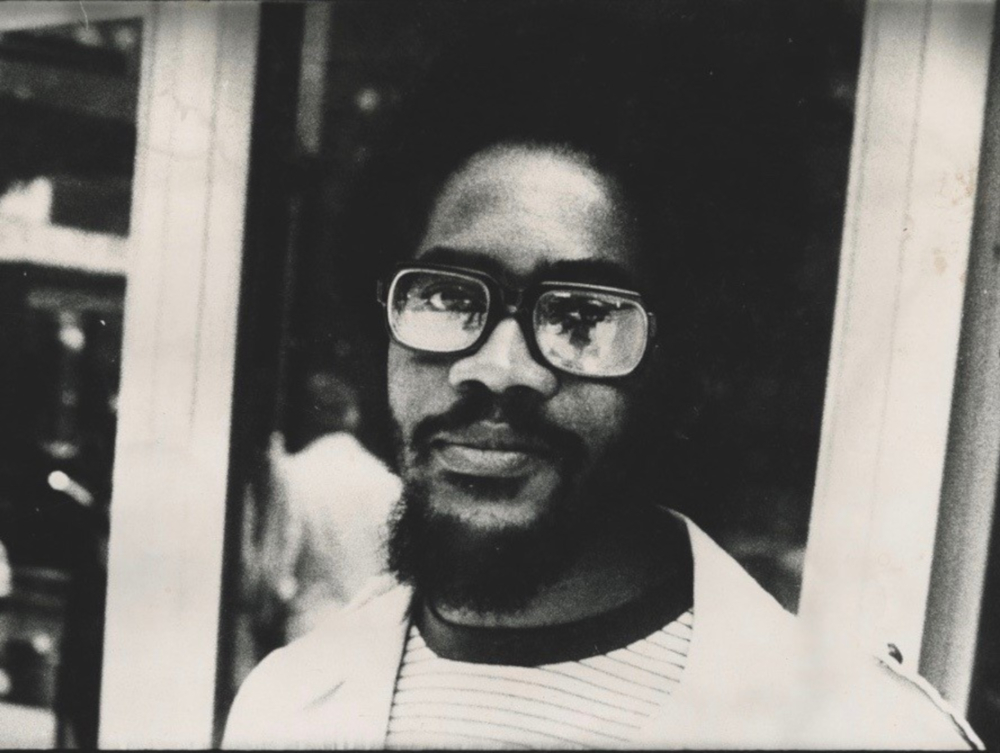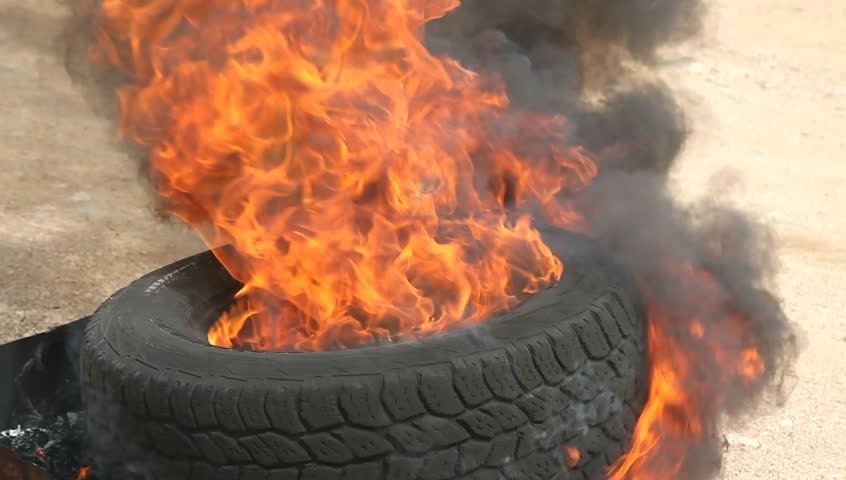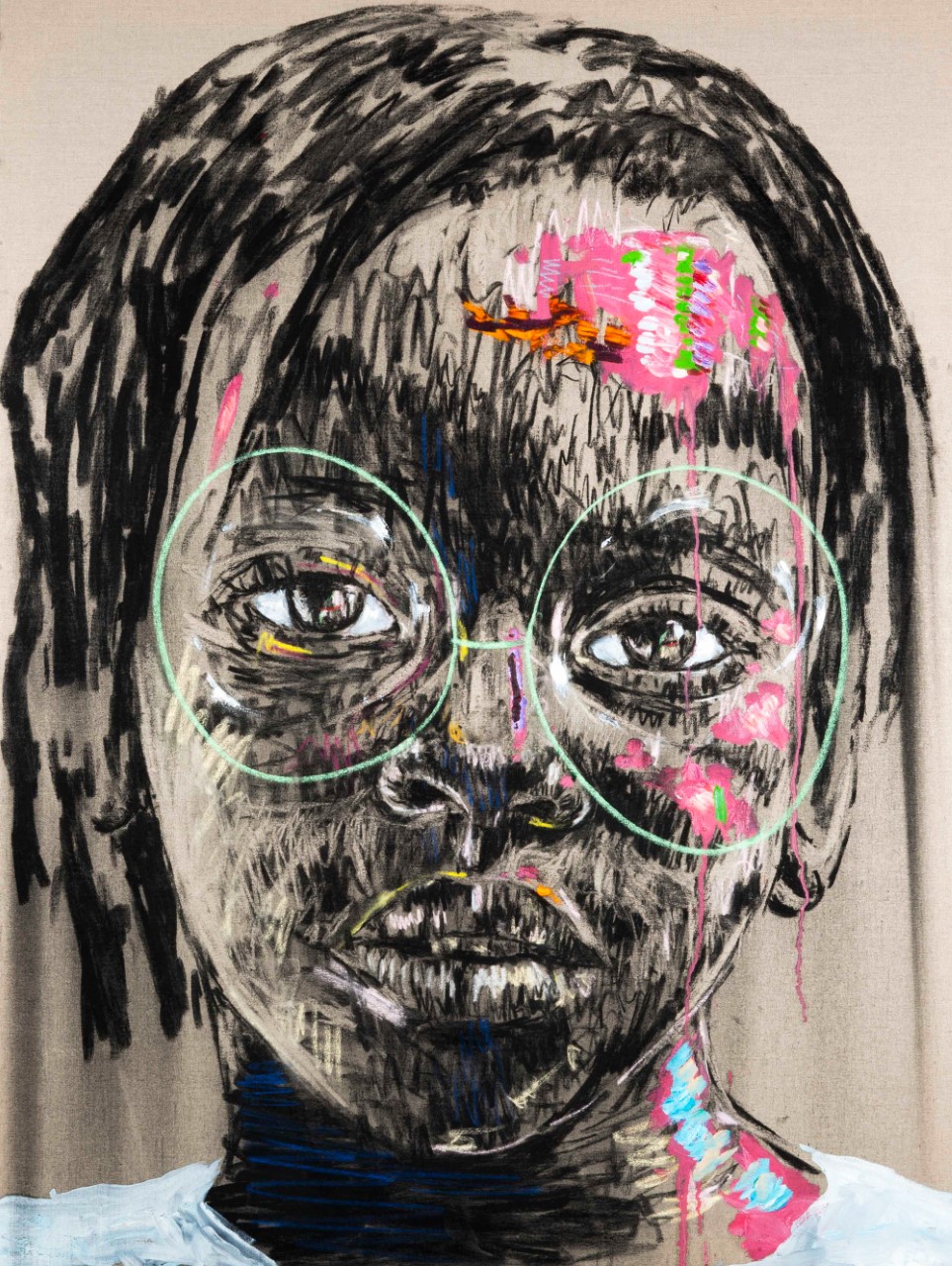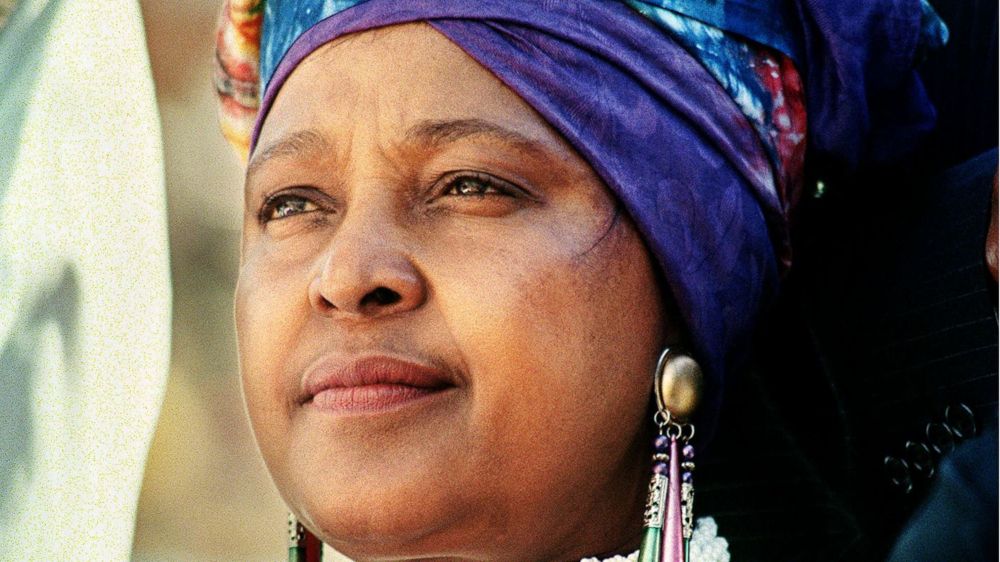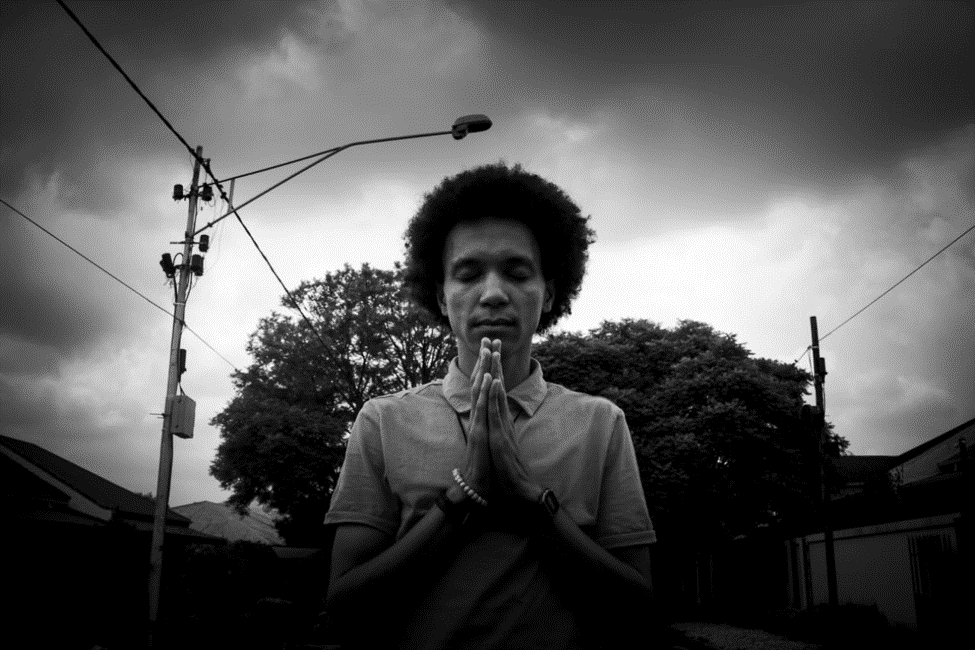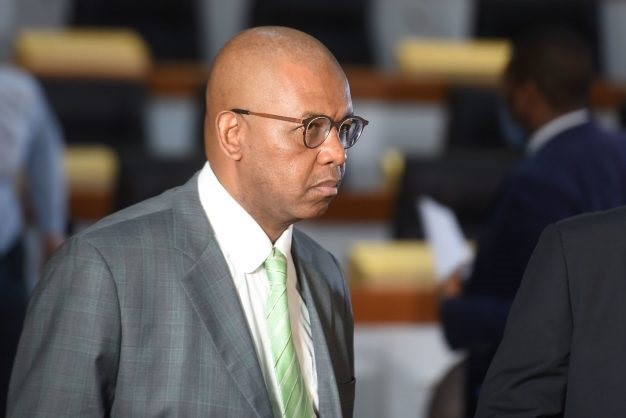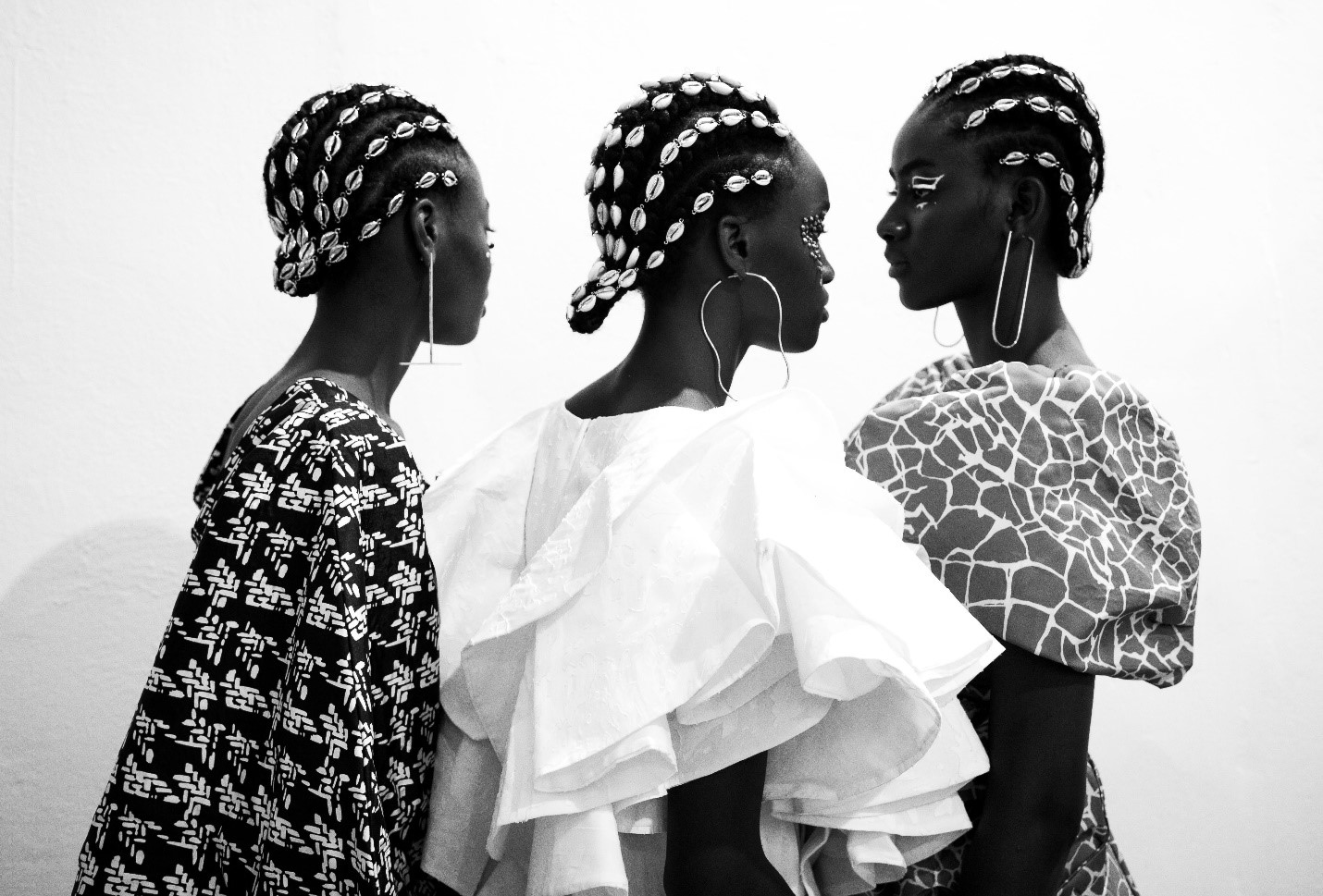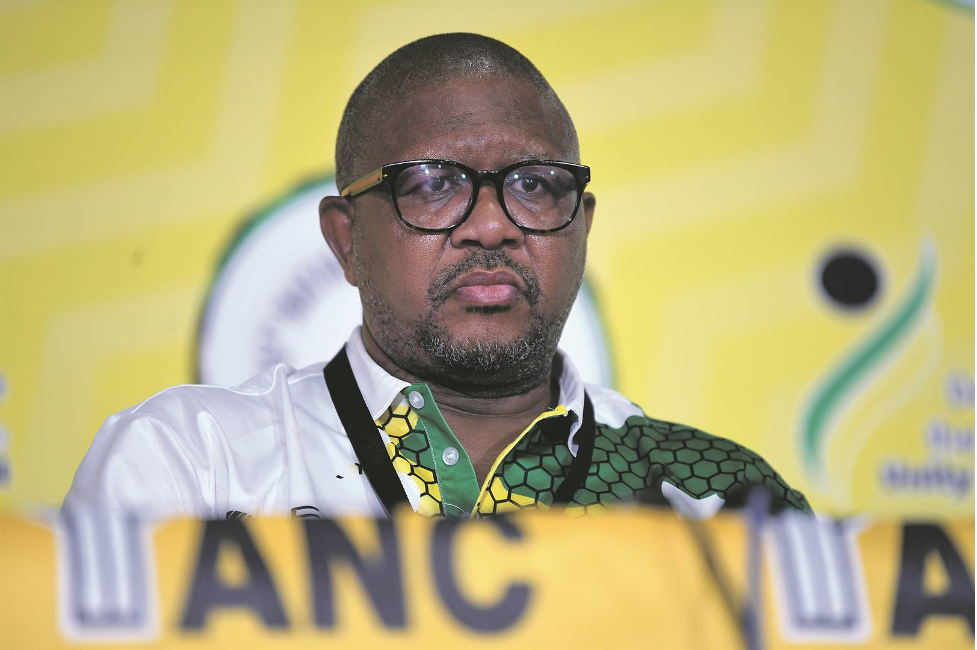Last week marked the 78th anniversary of the birth of a great Pan Afrikanist, theoretician, scholar and Warrior of our Race, Dr Walter Rodney. Born in 1942 in Georgetown, Guyana, Rodney's father was a tailor and his mother a seamstress.
From his primary school days, he excelled in athletics and had a penchant for debating. This resulted in him winning a scholarship to go to Queens College and later the University of the West Indies in Jamaica.
There he acquired an Honours degree in History and won another scholarship to study at the School of Oriental and African Studies in London. In 1966, aged only 24, Rodney was awarded a Ph.D. with honours in Afrikan History.
It was also in London where he met and interfaced with the great CLR James. Rodney's doctoral research was on slavery in the Upper Guinea Coast. His research focus was inspired by his study of the records of Portuguese merchants both in England and in Portugal.
In 1970, his Ph.D. dissertation was published by Oxford University Press under the title A History of the Upper Guinea Coast, 1545-1800. This work revolved around the Afrocentric scholarly axis of other Afrikan scholars such as Cheik Anta Diop, Chancellor Williams, Josef Ben Jochannan, Assa Hillard, John Henrik Clarke, who challenged the anti-Black assumptions of white historians about Afrikan history and introduced new insights into how the history of Black people must be viewed.
Rodney took up his first teaching appointment in Tanzania and later returned to his alma mater, the University of the West Indies, in 1968. His return coincided with the awakening of anti-colonial resistance in the Caribbean. However, Rodney was more captivated by the Black Power Movement in AmeriKKKa.
He became one of the leading voices in challenging the validity and meaning of so called post-independence governments for Black people. As a consequence, Rodney's political influence grew beyond the Caribbean.
In 1968, he attended a Black Writers' Conference in Canada. The Canadian government decided to ban him from re-entering the country. His ban inspired revolts in the streets of Kingston, in which a number of people were killed and injured by the police and security forces.
After being expelled from Jamaica, Rodney returned to Tanzania. There he lectured and continued to support the liberation struggle of the people of Tanzania and other parts of Afrika. His stay in Afrika played a big part in his decision to publish his seminal work, How Europe Underdeveloped Africa.
In 1974, Rodney returned to his native Guyana to take up an appointment as Professor of History at the University of Guyana. Even though the government later nullified his appointment, Rodney nevertheless remained in Guyana and joined the newly formed Working People's Alliance.
By 1974, Rodney had become a leading Black resistance figure and was becoming a growing threat to the violent and repressive PNC regime. He actively and publicly organised against the repressive PNC regime. On 11 July, 1979, after the burning down of government offices, Rodney and several others, were arrested.
They were later charged with arson. After being arrested, they were constantly harassed and tortured. Then on the evening of 13 June, 1980, Rodney was assassinated by a bomb that went off in the middle of Georgetown, Guyana.
Today, Rodney's ideas refuse to die. They continue to shape our understanding of the inner-workings of anti-black racism, capitalism and imperialism and the place of Blackness in a world that continues to be violently anti-Black. The Black world must never forget Walter Rodney.

